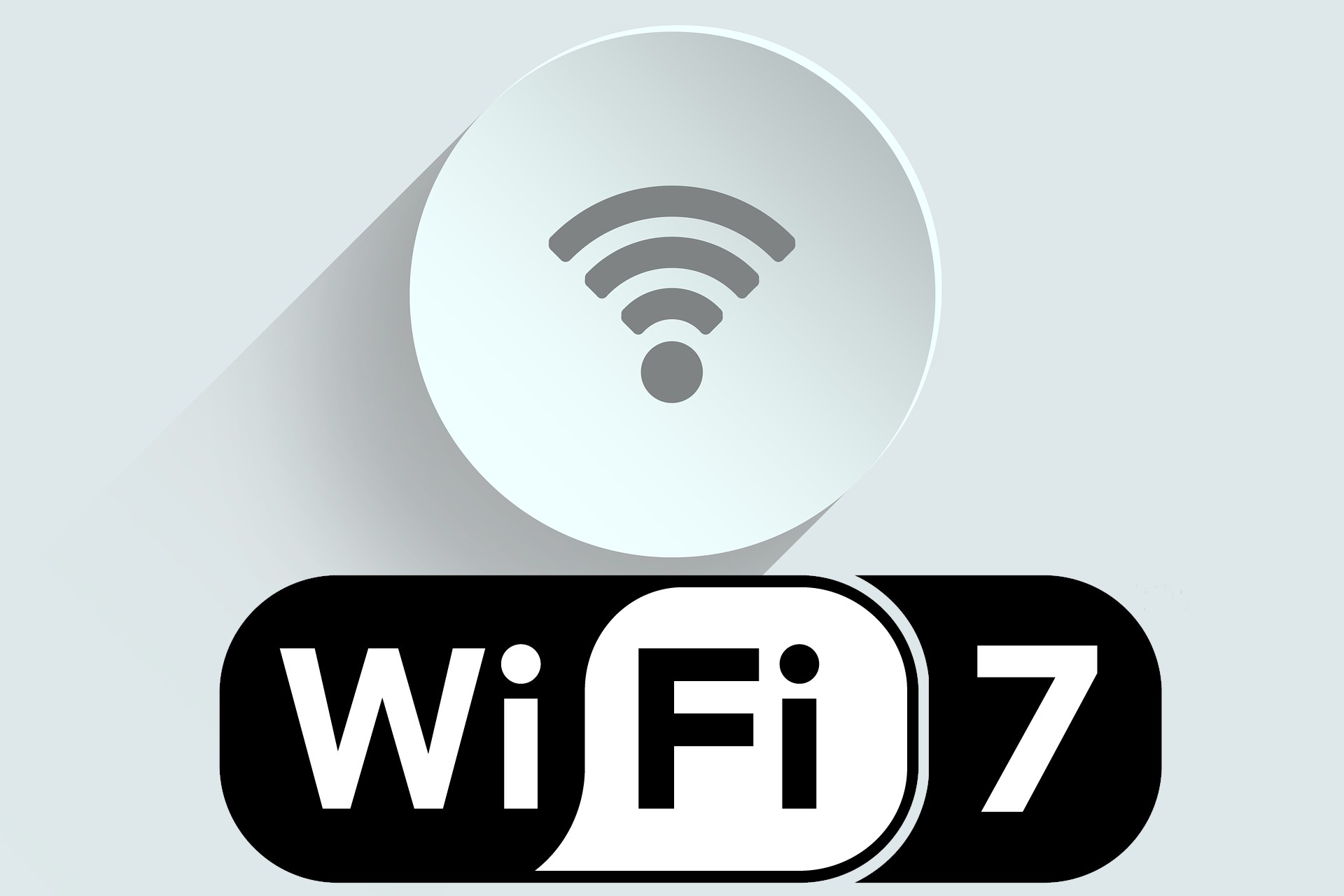Exploring the Advantages of WiFi 7 and the Importance of Hardwiring Access Points
WiFi 7, or 802.11be, is the next generation of WiFi technology. Anticipated to be finalized at the end of 2024, WiFi 7 is expected to deliver unprecedented speeds, improved reliability, and enhanced efficiency. With projected speeds of up to 30 Gbps, support for more concurrent users and devices, and advanced technologies for optimizing spectrum utilization, WiFi 7 is set to redefine the standards for wireless connectivity, catering to the increasing demands of modern applications and services.

With the first WiFi 7 routers out in the market, let's explore the advantages of WiFi 7:
- Blazing Speeds: WiFi 7 is projected to deliver mind-boggling speeds, potentially reaching up to 30 Gbps. This remarkable enhancement in speed will enable seamless streaming, faster downloads, and ultra-low latency, catering to the growing demands of IoT.
- Enhanced Capacity: With support for more concurrent users and devices, WiFi 7 will alleviate network congestion, ensuring a smooth and uninterrupted connectivity experience even in densely populated areas.
- Improved Efficiency: Introducing cutting-edge technologies such as OFDMA (Orthogonal Frequency Division Multiple Access) and MU-MIMO (Multi-User, Multiple Input, Multiple Output) will optimize spectrum utilization, enhancing the network's overall efficiency.
- Extended Range: WiFi 7 is expected to offer an improved range, enabling better coverage and connectivity across larger areas, making it ideal for smart homes, offices, and public spaces.
- Lower Latency: WiFi 7's reduced latency will be crucial for latency-sensitive applications such as augmented/virtual reality, video conferencing, and online gaming, delivering a more responsive and immersive user experience.
The Importance of Hardwiring Access Points
While WiFi 7 brings forth many benefits, the significance of hardwiring access points should not be overlooked. Hardwiring access points, also known as Ethernet backhaul, refers to the practice of connecting wireless access points to the network using Ethernet cables. This approach offers several advantages:
- Reliability: Hardwiring access points ensure a stable and consistent connection, minimizing the impact of interferences and signal degradation that can affect wireless connections.
- Enhanced Performance: Hardwiring access points can improve overall network performance, especially in high-traffic environments, by reducing the reliance on wireless backhaul.
- Scalability: Ethernet backhaul facilitates easier expansion and scalability of the network, allowing for the seamless addition of new access points without compromising the existing infrastructure.
- Security: Wired connections are intrinsically more secure than wireless connections, as the access points are physical.
The imminent arrival of WiFi 7 heralds a new era of wireless connectivity, promising unparalleled speeds, reliability, and efficiency. However, while wireless technology continues to advance, leveraging hardwiring for access points remains a crucial consideration for optimizing network performance and reliability.
Contact us today (310-827-2288) to discuss your wireless network needs and explore the comprehensive suite of services Kudox Network offers for efficient and reliable network infrastructure in residential and commercial spaces.
